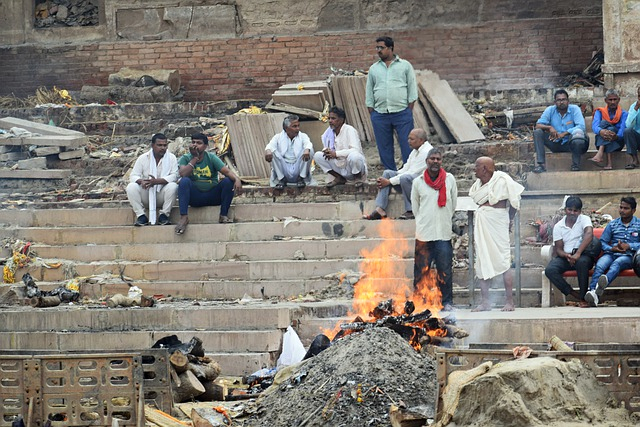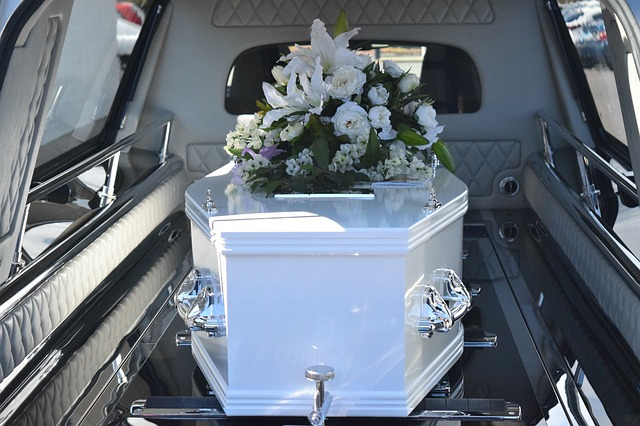Different religions have their own way to cremate a deceased person. While for Hindus, the cremation ceremony involves a ritual burning of the body, in Japan, the funeral includes a wake, a burial in a family grave, China encourages its citizens to bury their dead at sea and Buddhists see dead bodies as empty vessels and consider the sky burials an act of charity and compassion.
But now many people in the UK are being urged to consider human composting and other environmentally friendly deathcare options after Washington became the first US state to legalise human composting.

New ways of cremation
Lynne Carpenter-Boggs, a professor of soil science and sustainable agriculture at Washington State University, said at the American Association for the Advancement of Science conference in Seattle on Sunday, February 16, that in terms of deathcare, people can look for new alternatives.
After Washington made the human composting legal, UK funeral directors have reported a surge in the request for green burials and other sustainable alternatives to burial and cremation. Earlier it was reported that a Seattle-based company, Recompose will open the world's first human composting facility in 2021. As reported by The Guardian, Carpenter-Boggs presented data from a pilot project in which six bodies were composted to test the safety and effectiveness of the approach.
In this new alternative of deathcare which is known as natural organic reduction, dead bodies turn into two wheelbarrows' worth of soil in four to six weeks. In this case, the dead bodies are placed in a reusable hexagonal steel container along with the wood chips with Lucerne or alfalfa and straw.
The process also includes controlling the humidity and ratio of carbon dioxide, nitrogen and oxygen by which the system creates the perfect conditions for a class of thermophilic microbes that accelerate the normal rate of decomposition.
The pilot project has revealed that everything in the human body, including bones and teeth, is reliably transformed into compost, while the soil showed evidence of containing low levels of coliform bacteria, which is an indication of biological safety. It means that the relatives could safely scatter their loved ones' remains like ashes or they can use them to plant a tree or fertilise a vegetable patch.

People are believing in the future of deathcare
Deborah Smith, of the UK's National Association of Funeral Directors, revealed that as of now human composting has not been undertaken in the UK, but "There are ongoing attempts to introduce another alternative form of disposal, alkaline hydrolysis, referred to as water cremation, which is already permitted in some US states."
In addition, Smith stated that for people in the UK who are seeking a natural burial "There are increasing numbers of privately owned burial grounds at which it is possible to be buried in a woodland setting, in a biodegradable shroud, with a tree or simple plaque marking the location."









